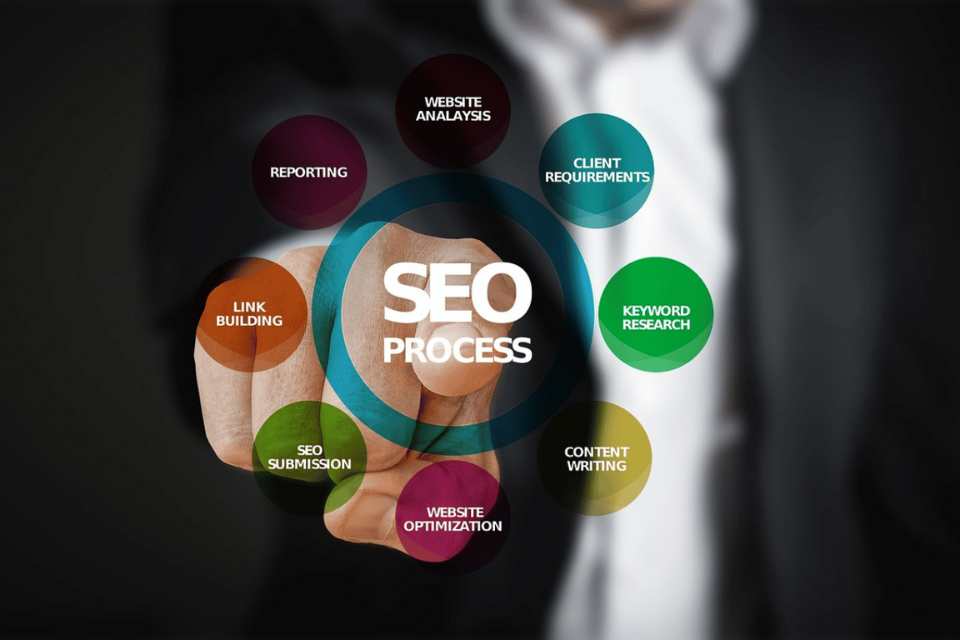
In the fast-paced world of business, staying ahead of the curve is imperative for success. One avenue that often gets overlooked, especially in the B2B realm, is E-commerce. Misconceptions and myths about B2B e-commerce can dissuade decision-makers from tapping into its immense potential. In this post, we’ll unravel the truth behind the five biggest B2B e-commerce myths and make a compelling case for why CEOs and CROs should consider investing in this transformative technology.
Thanks to the good folks over at McKinsey for providing this foundational article for our discussion today.
Myth 1: B2B E-commerce is Only for Retailers
One prevailing myth is that e-commerce is exclusively for B2C businesses, with the B2B sector relying on traditional sales methods. The truth is, B2B e-commerce is rapidly gaining ground, providing a streamlined and efficient platform for businesses to conduct transactions. From complex product configurations to bulk ordering, the capabilities of B2B e-commerce are vast, making it an invaluable tool for companies of all sizes.
Myth 2: Personalized Service is Sacrificed in B2B E-commerce
Some executives fear that embracing e-commerce means sacrificing the personalized service that is a hallmark of B2B relationships. Contrary to this belief, B2B E-commerce platforms are designed to enhance, not replace, personalized interactions. These platforms provide a centralized hub for customer data, enabling sales teams to tailor their approach based on comprehensive insights. The result? A more personalized and efficient customer experience.
Myth 3: B2B E-commerce is Too Complex
The perception that implementing B2B e-commerce is a complex and resource-intensive endeavor is a significant deterrent for many CEOs. While integrating e-commerce into existing systems may require some initial effort, the long-term benefits far outweigh the challenges. Advanced B2B e-commerce solutions offer seamless integration with existing enterprise resource planning (ERP) and customer relationship management (CRM) systems, streamlining operations and providing a cohesive user experience.
Myth 4: B2B Buyers are Reluctant to Embrace Online Channels
Another myth suggests that B2B buyers are resistant to adopting online channels for their purchasing needs. However, the modern B2B buyer is tech-savvy and demands the convenience of online transactions. Investing in B2B e-commerce not only meets these expectations but also positions your company as forward-thinking and customer-centric. This shift in perception can be a powerful competitive advantage.
Myth 5: B2B E-commerce is Only Relevant for Large Enterprises
Small and medium-sized enterprises (SMEs) may perceive B2B e-commerce as a tool reserved for larger corporations. In reality, B2B e-commerce levels the playing field, offering SMEs the same technological advantages as their larger counterparts. With scalable solutions tailored to suit varying business sizes, investing in B2B e-commerce is a strategic move for companies looking to grow and compete effectively.
Conclusion
Dispelling these common myths surrounding B2B e-commerce is crucial for CEOs and CROs who are navigating the ever-evolving landscape of business. Embracing B2B e-commerce isn’t just about keeping up with the times; it’s about gaining a competitive edge, enhancing customer relationships, and driving sustainable growth. As we move into an era where digital transformation is non-negotiable, investing in B2B e-commerce is a strategic imperative that no forward-thinking executive can afford to ignore.
Note: I used ChatGPT to help with the first draft of this article.
md.
More Articles
Building Brand Through Paid Search and SEO: A Blueprint for Marketing Managers
Categories Blocksy: Search Block In an era where online presence is paramount to the success…
A Year of AI: Celebrating ChatGPT’s Milestones and Future Potential
Categories Blocksy: Search Block Today, we take a moment to reflect on the remarkable progress…
Find Your Cobra!
Categories Blocksy: Search Block With all the changes in my life this year, I needed…
Navigating the SEO Landscape: Insights from 20 Top Practitioners and Influencers
Categories Blocksy: Search Block In Digital Marketing and truly, most aspects of business and life,…
State of Search Engine Optimization (SEO) in 2024
Categories Blocksy: Search Block The good folks over at Search Engine Journal (SEJ) have published…
AI Transforms the Marketing Technology Landscape
Categories Blocksy: Search Block In today’s fast-paced era, the fusion of artificial intelligence (AI) and…
Hello World!
Categories Blocksy: Search Block Wow, it has taken me a long time to get back…
Subscribe for email updates, news, and more!







